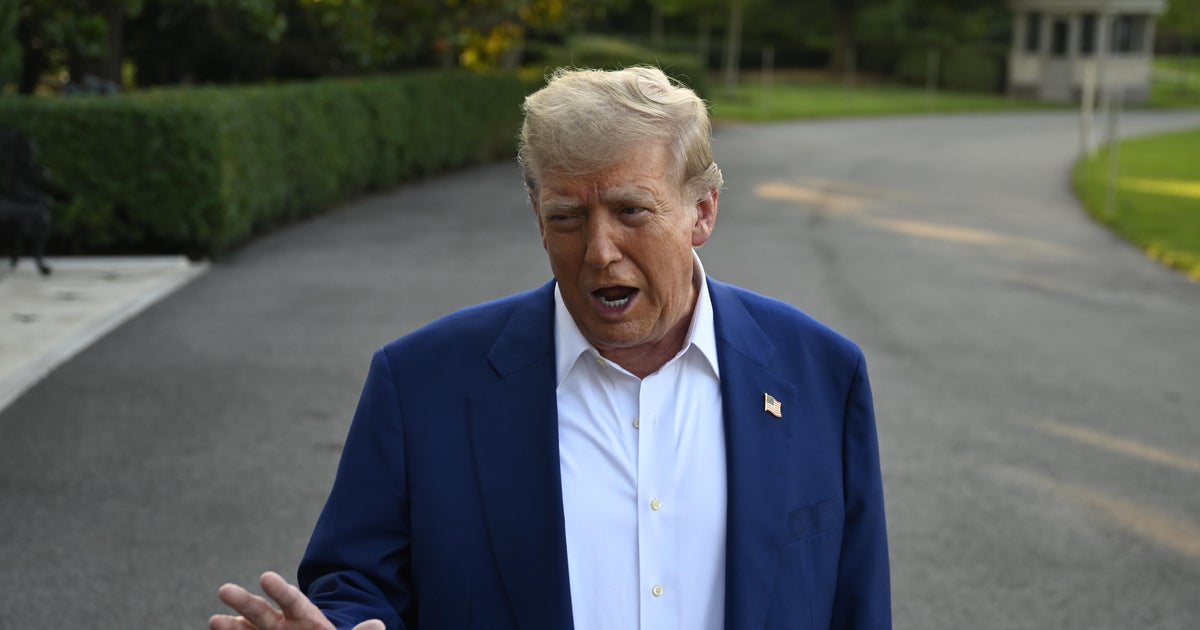Trump Announces Iran-Israel Ceasefire Amid Accusations of Violations by Both Nations

President Trump announced the implementation of a ceasefire agreement between Iran and Israel while simultaneously criticizing both nations for alleged violations of earlier diplomatic arrangements. The announcement comes amid escalating regional tensions and represents a significant diplomatic intervention by the current administration in Middle Eastern conflict resolution.
The ceasefire declaration follows intensive behind-the-scenes negotiations involving American diplomatic officials and regional intermediaries. Trump's dual message of peace implementation and violation accusations reflects the complex nature of current Middle Eastern dynamics, where both Iranian and Israeli actions have tested international patience in recent months.
Administration officials indicate that the ceasefire terms include specific provisions for de-escalation along contested border regions and restrictions on military activities near civilian populations. The agreement reportedly establishes monitoring mechanisms designed to prevent the kind of violations that Trump referenced in his public statements about both parties' recent conduct.
Trump's criticism of both Iran and Israel represents a departure from traditional American diplomatic approaches that typically assign primary blame to one party in regional conflicts. This balanced criticism suggests the administration's determination to hold all parties accountable for maintaining regional stability, regardless of historical alliance relationships or strategic partnerships.
The ceasefire announcement coincides with broader American efforts to recalibrate Middle Eastern policy and reduce direct military involvement in regional disputes. Trump's approach emphasizes diplomatic solutions backed by economic leverage rather than military intervention, marking a strategic shift in how the United States addresses persistent Middle Eastern conflicts and seeks sustainable peace arrangements.
🔮 Fortellr Predicts
Confidence: 70%
The announced ceasefire between Israel and Iran, brokered by President Trump, signifies a temporary halt in overt hostilities but remains precarious. Historical precedents suggest that the initial phases of such agreements are often marred by mutual skepticism and sporadic violations. Both nations, entrenched in longstanding hostilities and mutual distrust, are likely to test the boundaries of the ceasefire, especially if any military advantage appears attainable. Trump's direct intervention, particularly his forceful communication with Israeli Prime Minister Netanyahu, indicates his administration's commitment to upholding the ceasefire, leveraging diplomatic pressure coupled with potential economic or strategic incentives. Despite the accusations of violations by both parties, Trump's administration is intent on establishing a semblance of peace to foster regional stability and reinforce U.S. influence in Middle Eastern affairs. The reopening of U.S. diplomatic facilities and lifting of certain safety advisories demonstrate preliminary confidence in the ceasefire's effectiveness, yet restrictions on movement suggest caution.
The ceasefire's durability will hinge on robust mechanisms for monitoring and responding to violations. The U.S. might engage with international allies or organizations to ensure compliance, as well as deploy technological measures to verify claims of aggression. Economic sanctions or incentives might be employed as leverage over Iran and Israel to adhere to the terms, with the U.S. mediating further talks to establish sustainable peace. As both nations remain armed and alert, the potential for isolated retaliations or misunderstandings leading to skirmishes continues to pose a substantial risk. However, diplomatic channels remain active, with potential for broader negotiations possibly extending to issues like Iran's nuclear activities or Israel's security objectives, which could recalibrate alliances and power dynamics in the region.
The Trump administration must also consider the geopolitical ripple effects of this ceasefire. Regional players like Saudi Arabia and Turkey may adjust their strategies based on the relative security and stability in the region, potentially influencing energy markets and economic agreements. Meanwhile, broader international diplomatic engagements might be affected, as global powers observe the outcome of Trump's mediation as an indicator of U.S. capability and strategy in complex geopolitical conflicts. Economically, regional stability could facilitate trade resumption, affecting global oil markets and economic ties within the Middle East.
Within the U.S., Trump's handling of the conflict could impact domestic political perceptions, where a successful negotiation may bolster his administration's foreign policy credentials. Conversely, any resurgence of hostilities might provoke criticism over the administration's diplomatic approach, possibly influencing upcoming electoral or policy decisions. In Israel and Iran, internal political factions may leverage the ceasefire's success or failure to galvanize public opinion, potentially affecting future governance or policy orientations.